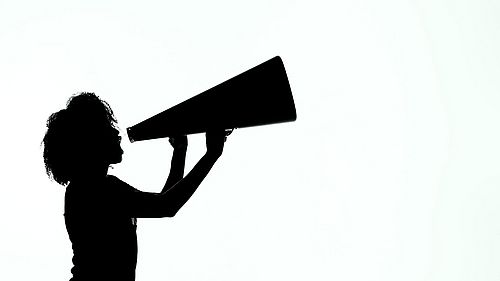Events
Location: Universität Köln, Allerweltshaus e.V. | Körnerstraße 77-79, 50823 Köln
Workshop: Stories that matter: exploring (re)presentation and communication of hydrosocial research
The DELTA project is running its fourth workshop in Cologne end of September. This time we will focus on ways of formulating and representing the results of scientific research to wider, non-academic audiences.
Organised by the DELTA Project of the University of Cologne in cooperation with the Global South Studies Center (GSSC), Cultures and Societies in Transition (CA IV), Rautenstrauch-Joest Museum, Fritz Thyssen Stiftung and the Cologne Summer School of Interdisciplinary Anthropology.
Formulating the results of scientific research in ways accessible to wider, non-academic audiences is a recurrent challenge for researchers. Publics beyond the university deserve to learn what new insights their tax money has helped to generate. Academics are often keen to share the outcomes of their intensive work with more than a few peers specialized in their field. And a growing number of researchers see their role as active participants of civil society in addition to their academic work. This is particularly the case for research that bears on current societal and political issues, including ways of confronting ongoing environmental, hydrological and climatic changes.
This workshop explores ways of communicating hydrosocial research in anthropology and related disciplines. By hydrosocial, we mean the fields of relations that are simultaneously social and hydrological, which includes questions of drinking water access and wastewater disposal, irrigation and drainage, flood risk and drought, sea-level rise, coastal erosion and salinization, snow reliability and well drilling, as well as a host of other spheres where society and water are shaped by each other. These spheres have always been characterized by fluctuations and surprises, but are currently increasingly volatile in the times of the Anthropocene.
Current public and media accounts of hydrosocial issues tend to focus on a limited number of representations, most of them originating in the abstractions of the natural sciences or journalistic disaster narratives. They include the images of flooded cities, the maps indicating prognoses of sea level rise, the stories of climate refugees, and the graphs of declining reservoir levels. But they systematically fail to convey the lived experiences, strategies, hopes, resiliences and challenges of people around the world that do not fit these narratives and aggregations. These latter stories, however, are precisely what anthropological and related research has been instrumental in revealing through their thick description of different people’s lifeworlds. And upholding the multiplicity and the ‘otherwise’ in particular people’s ways of experiencing and confronting global challenges remains a mainstay in their academic project.
The workshop will showcase, critically discuss and try out different styles, media and formats of representing and disseminating such alternative hydrosocial insights. These will include exhibitions, film, op-ed writing, performance, literature, or photography. We will focus on ‘stories that matter’ in the sense of experience-near accounts that can inform larger-scale debates, but also in the sense of illustrating how social and material aspects of hydrosocial transformations must be considered together, rather than delegating some dimensions to anthropologists and others to hydrologists. Our format will combine public events (reading, performance, exhibition, film screening) with presentations and panel discussions that elaborate and reflect on these and other forms, media and events.
Further information:
Export event as iCal

